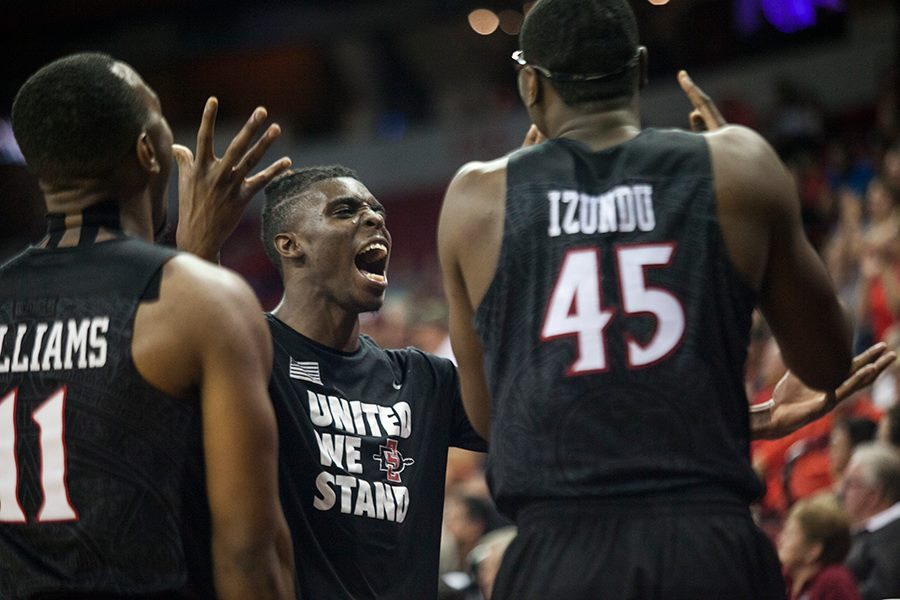Nothing can boost an ego more than getting dozens of likes on a social media post. It’s a high this generation can’t get enough of. Conversely, not getting enough can have the opposite effects.
Now, imagine receiving dozens of dislikes on a post. Facebook creator Mark Zuckerberg announced his team is currently working on launching a dislike button for Facebook.
According to Zuckerberg, the point of adding the dislike button is to offer empathy toward those on his or her timeline. Sometimes, posts aren’t always happy and liking it may seem counteractive to what one is trying to convey.
No matter the intentions Facebook has for this new feature, it will get abused and spread unnecessary negativity within the platform.
More than one in three adolescents are victims of cyberbullying, according to Bullying Statistics. And 81 percent of young adults think cyberbullying is easier to get away with, according to DoSomething.org, an anti-cyberbullying campaign.
If Facebook provides a dislike button, it’s going to be easier to get away with cyberbullying. With a tool as powerful as a dislike button, those who use it have the ability to acknowledge his or her lack of interest in somebody’s post. Even if it is done so in a passive manner, the receiver of the dislike will feel undermined by having a mutual friend publicly display their disinterest to everybody who can see it. However, not everybody sees this new update in features as a bad thing.
“I’m all for expressing how you feel about certain things,” media studies senior Taryne Lenaris said. “Facebook people are constantly postings things you may feel that a dislike button allows you to finally express an emotion other than liking it, but with anything it all depends on how successful this turns out.”
Fellow media studies senior Liza Stephanian holds the opposite opinion.
“I think a dislike button is a horrendous idea,” she said. “Imagine posting a picture and seeing 10 dislikes. That would be awful. I think that it’s opening doors for further cases of cyberbullying and very low self esteem.”
Disliking a post isn’t unheard of in social media, but a platform as large as Facebook needs to steer clear of creating an easy avenue to filter in negative actions.
For example, Yik Yak has a down-vote feature that allows users to vote posts off of the site. However, there are two major differences between these two outlets. First, Yik Yak is completely anonymous, meaning if one’s post does get down-voted he or she doesn’t have to go through the public embarrassment of having an unpopular post. Second, Facebook isn’t just a social media site anymore. It is used professionally, as well.
People who post statuses or pictures open themselves up to criticism through the comment sections, but this dislike button would give cyberbullies an easy tool to harass an individual through an accepted new feature.
It’s understandable that not every post warrants a “Like.” Yes, if one were to post about a passing of a loved one, it would seem odd to like the status. However, the point of liking a post doesn’t explicitly mean one is ecstatic someone has passed. It’s a method for one to offer their condolences by acknowledging the person’s loss through “liking” it.
Ignorance is bliss and if somebody isn’t too happy about a certain status, just let him or her ignore it instead of offering a device that can negatively impact one’s self esteem.









